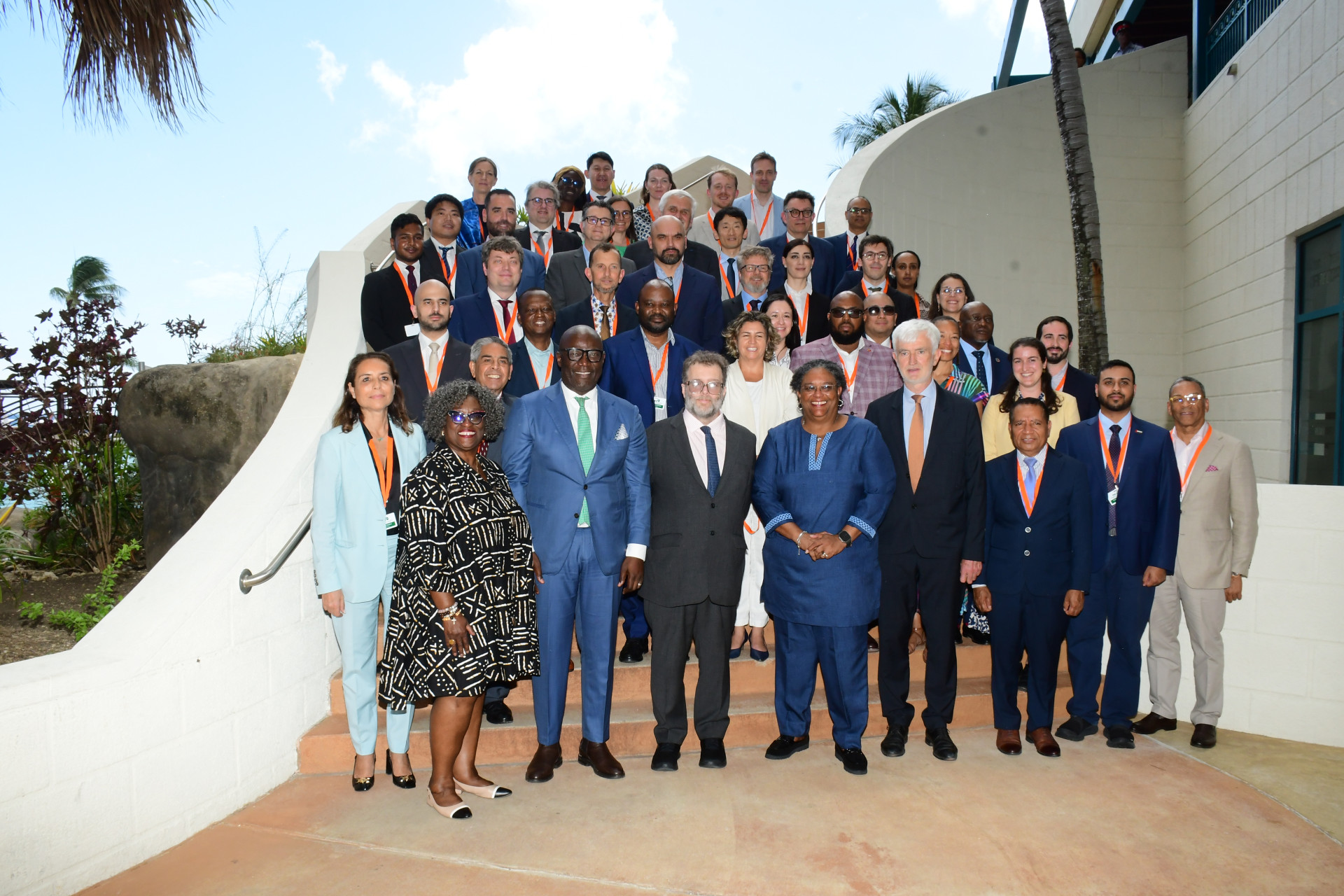$250 Million Approved for Initial Phase of Loss and Damage Fund

“Small funds can’t help you — and regrettably, that is where we find ourselves still today, in a world in conflict with itself, but unable to stop the inevitable consequences of a worsening climate crisis.” — Prime Minister Mia Mottley
Since the operationalisation of the Loss and Damage Fund during COP28, $768.4 million has been pledged to the Fund for Responding to Loss and Damage (FRLD). However, only $321 million has been paid into the FRLD. This is far below the estimated $395 billion that developing countries will need in 2025 to address loss and damage.
Against the backdrop of escalating climate disasters and a concerning decrease in accessible climate finance for vulnerable countries, the Board of the Fund for Responding to Loss and Damage convened its fifth board meeting from 8 — 10 April in Bridgetown, Barbados.
A key outcome of the meeting was the adoption of the Barbados Implementation Modalities (BIM), a USD 250 million start-up phase of the Fund. Under this plan, grants ranging from USD 5 to 20 million will be disbursed to eligible countries to help strengthen national responses to climate-induced disasters. Additionally, at least 50% of these resources will be directed to Small Island Developing States (SIDS) and Least Developed Countries (LDCs) who are hit hardest by the climate crisis.
While a welcome first step, the USD 250 million allocated for the start-up phase does not represent the scale of climate-induced loss and damages that vulnerable countries experience. During her remarks, Prime Minister Mia Mottley noted that global levies such as taxes on airline tickets, shipping emissions, and oil and gas extraction are practical, fair ways to scale up funding.
However, one of her key suggestions, a shipping levy for climate action, was dealt a serious blow when negotiations at the International Maritime Organization (IMO) concluded with governments deciding that revenues from financial penalties imposed on polluting ship owners will remain within the maritime sector, rather than being directed to climate-vulnerable countries that bear the brunt of the crisis.
“Those who contribute to the problem must help solve the problem, and those who benefit egregiously from the solution must leave a little something on the table,” Prime Minister Mottley said.
